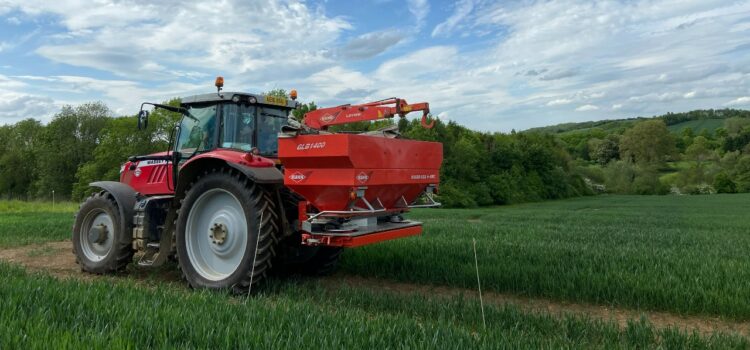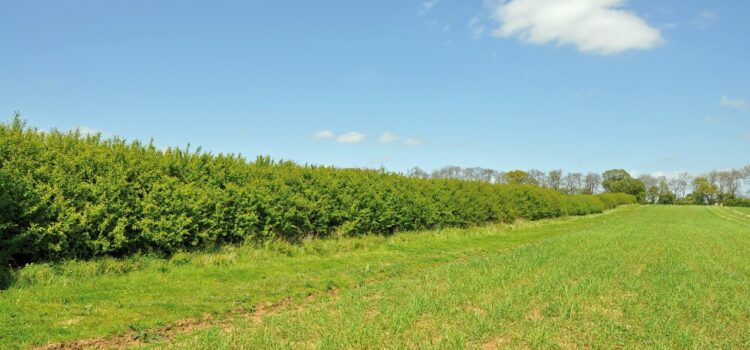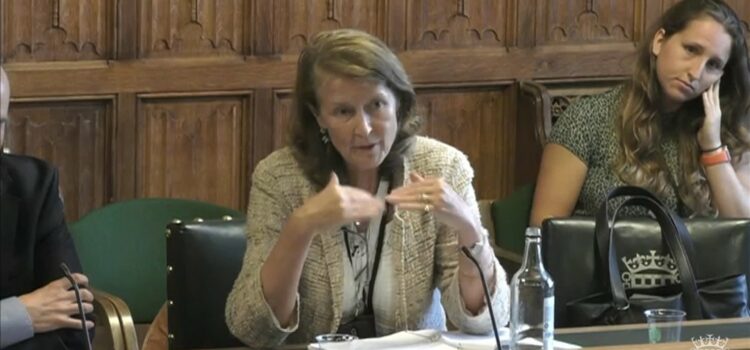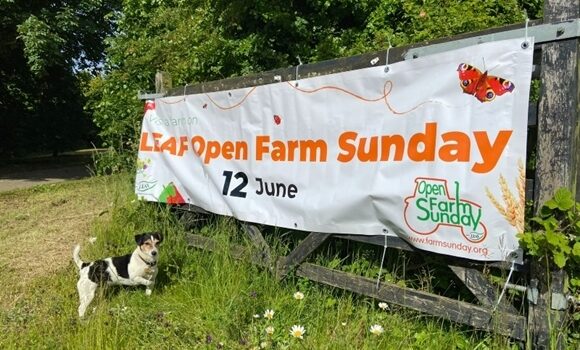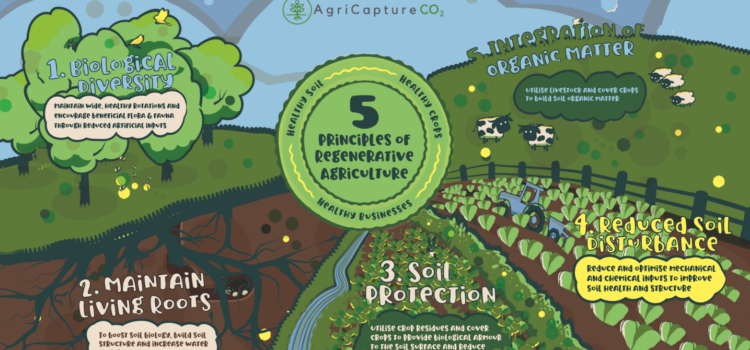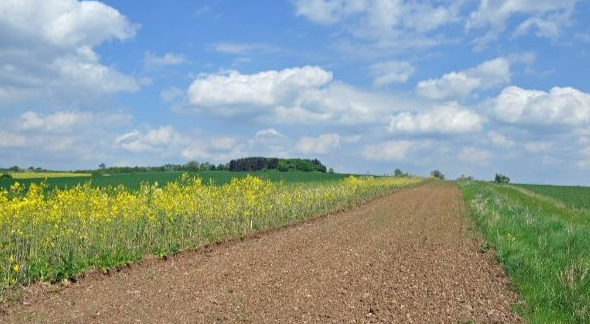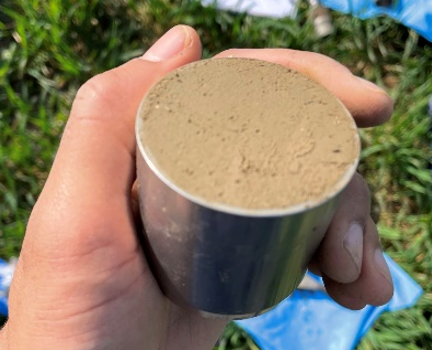The production and application of non-nitrogen fertilisers adds a further 10% to our average farm’s GHG footprint. From this we can see that optimisation and reduction of the use of fertilisers holds the key to reducing the climate impact of arable production.
Reduction of fertiliser use is key to reducing climate impact of arable production
